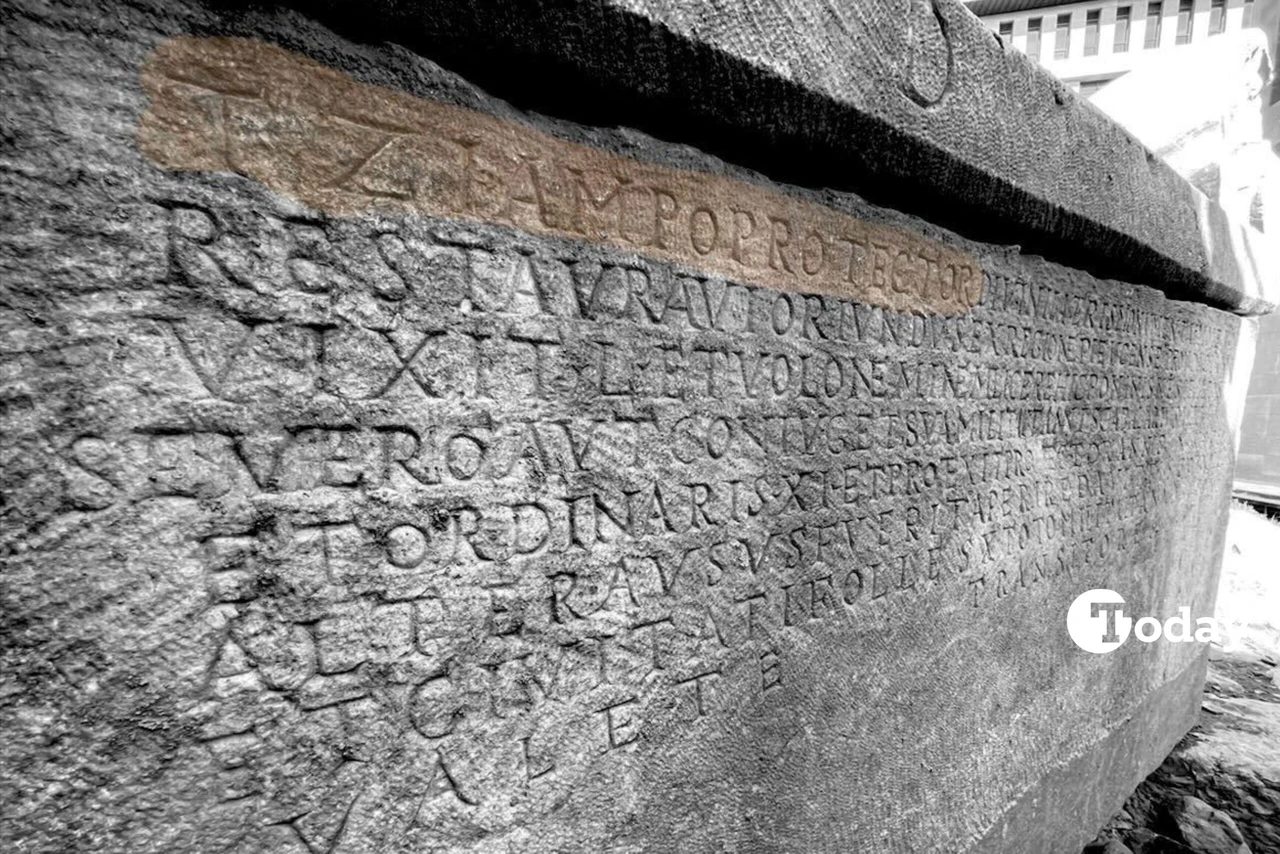Paris of the Middle East — Glimpse into Beirut’s glamorous past
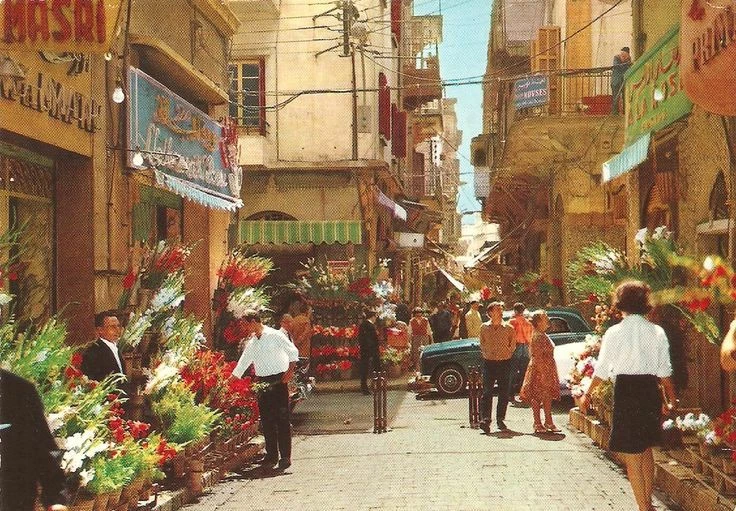 1960s Beirut, Lebanon (Photo via Twitter/@tarihiiimerak)
1960s Beirut, Lebanon (Photo via Twitter/@tarihiiimerak)
Once referred to as the “Paris of the Middle East,” Beirut, which has been ravaged by civil wars and shaken by assassinations, has once again risen from its ashes.
However, this time it has sustained a severe blow. Since Sept. 23, the largest attacks by Israel against Hezbollah members occurred in Beirut on Friday night.
The deadly bombardment continued throughout the night, and the city echoed with explosions and cries.
The Israeli army later announced that Hezbollah leader Hassan Nasrallah had been killed.
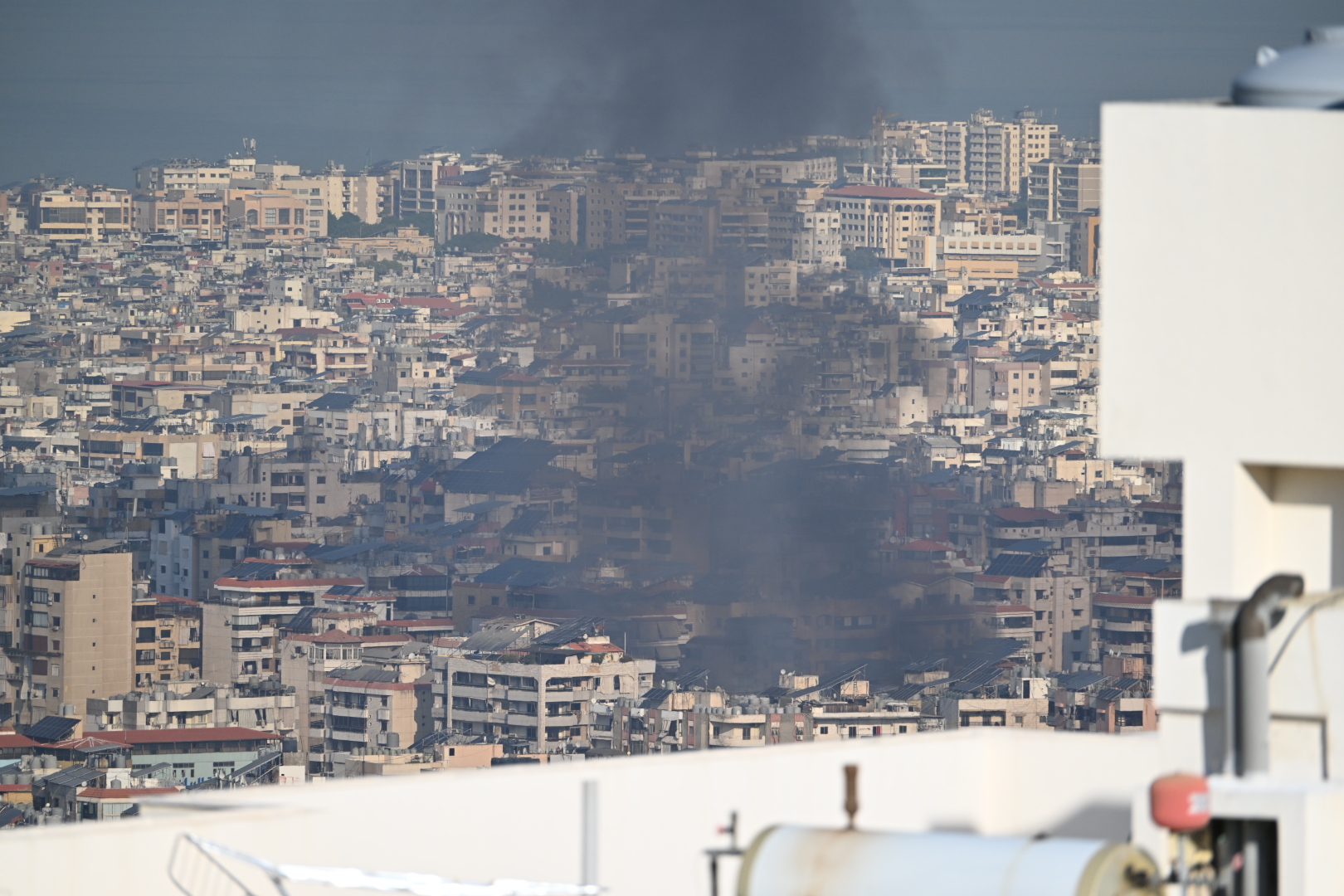
Lebanon’s demographic structure, post-civil war reconstruction
Lebanon boasts a diverse demographic landscape, home to numerous religious and sectarian groups. Ethnic distribution shows that 95% of the population is Arab, 4% Armenian, and 1% from other ethnic backgrounds.
The religious composition includes 55% Muslim, 39% Christian, 5% Druze and 1% Jewish. However, political divisions predominantly align along sectarian lines.
However, it has been decades since the last population census and real percentages might be different.
The competition among groups intensified during the civil war that began in 1975 and lasted for 15 years.
Following the conflict, the Taif Agreement, signed in 1990, facilitated the disarmament of factions and initiated a new process of stability.
Nevertheless, sectarian and ethnic divisions remain deeply entrenched.
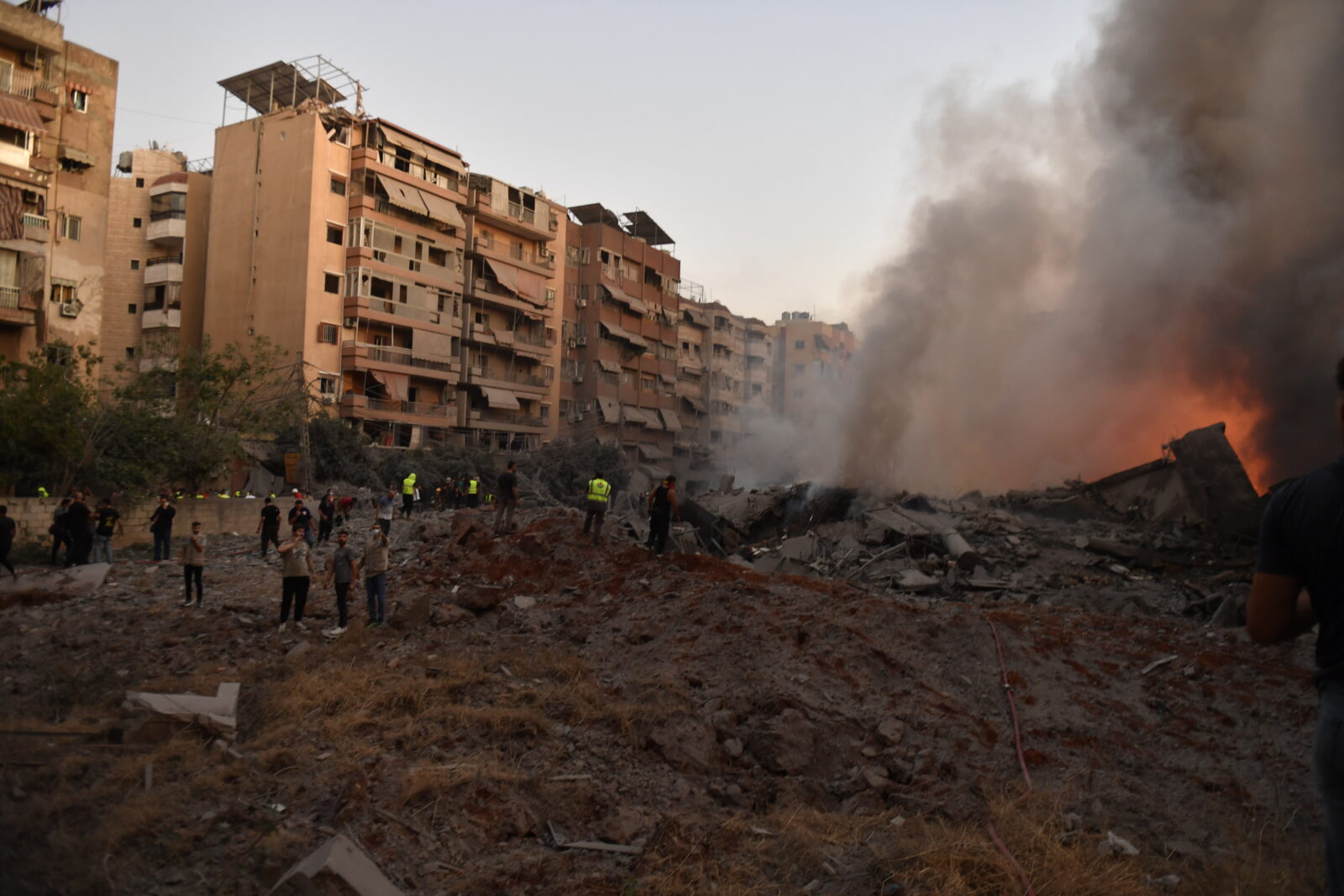
What are reasons behind ongoing foreign interventions, economic collapse in Lebanon?
Lebanon’s economy declared bankruptcy in March 2020. The country’s free market economy, combined with high-income inequality, bribery, corruption and property issues, led to a significant collapse.
Additionally, Saudi Arabia’s economic influence has increased due to Iran’s power over Hezbollah.
When economic issues combine with social and political problems, Lebanon has become a focal point for international issues.
The explosion at the Beirut Port caused not only death and injuries but also significant economic damage. Approximately 300,000 people fled their homes, and Lebanon’s healthcare system was on the brink of collapse.
A large portion of the existing hospitals in the country became unusable, and all the medical teams sent to the region after the explosion were inadequate.
The Beirut Port was the lifeblood of the Lebanese economy, accounting for approximately 70% of the country’s trade. The destruction of the port represents a tremendous loss for the national economy.
Israel and Lebanon have made initial statements regarding this matter. Both sides have claimed that there was no attack.
Normally, such hazardous materials of this magnitude must be stored under special conditions.
However, the prolonged storage of hazardous materials with low precautions raises questions.
In 2020, Nasrallah threatened Israel with this material on social media, and a tweet from the Israeli army two years ago regarding the matter casts a shadow on optimistic views that the explosion was an accident.
This explosion, combined with rumors of Israeli intervention, puts Israel in the spotlight as the usual suspect.
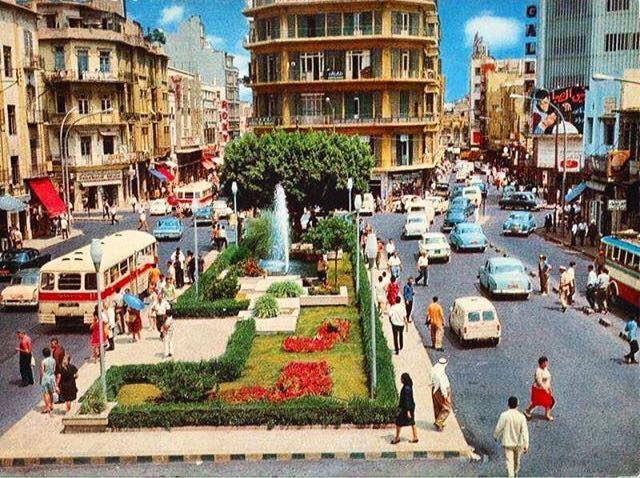
Valid reasons to visit Paris of the Middle East before bombardments
Beirut stands out as one of the most dazzling cities in the Mediterranean, with its historical and cultural riches.
As the capital of Lebanon, this city offers visitors a unique experience by blending traces of the past with modern life.
While wandering through the streets of Beirut, one can explore historical structures and feel the energy of the city.
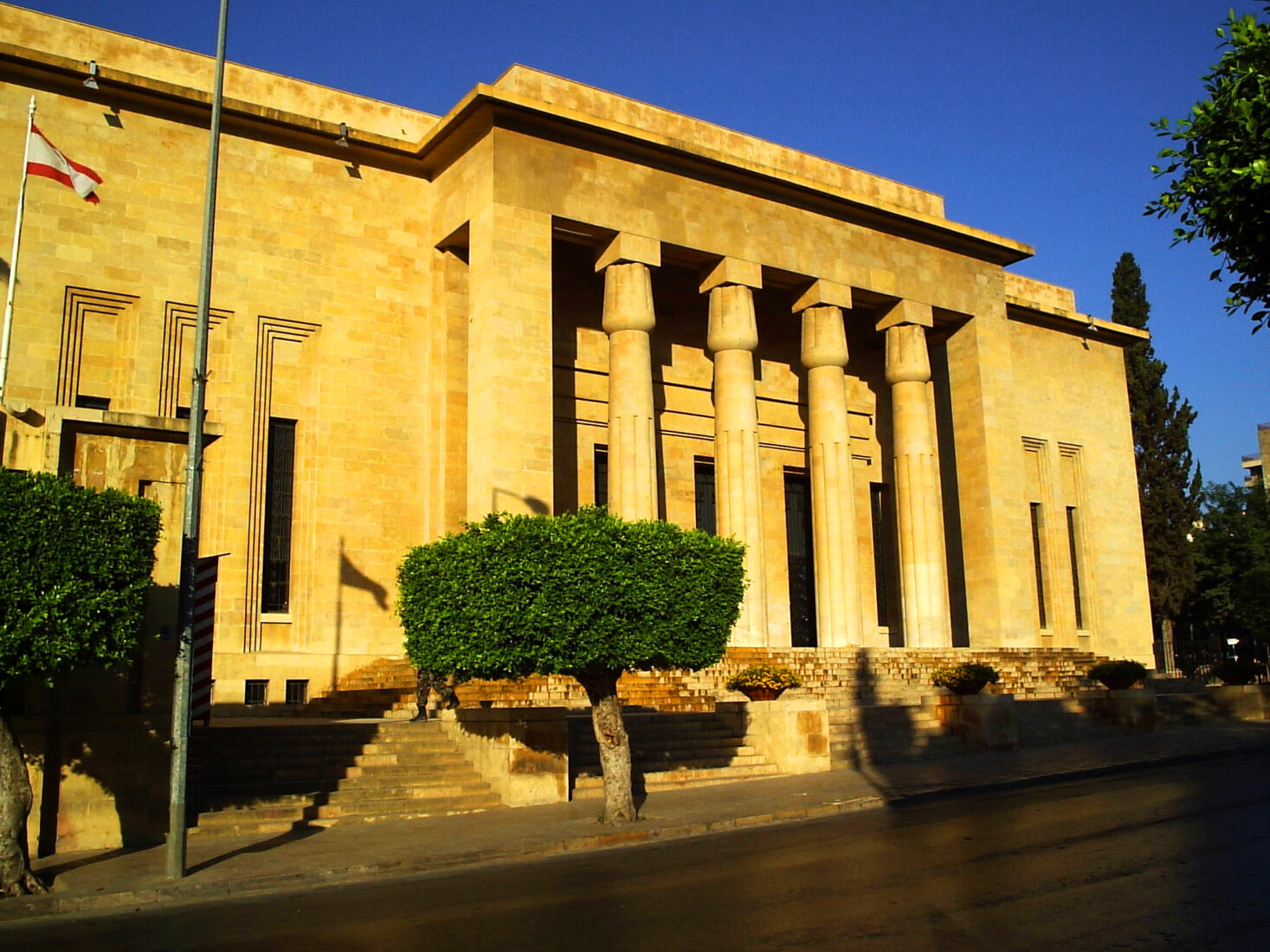
Beirut’s history stretches back to prehistoric times, but Roman-period artifacts are more prominently visible. The Roman buildings, impressive structures located in the city center, provide visitors with a historical atmosphere and host various events.
Additionally, the National Museum stands out as a must-visit for those wishing to explore Lebanon’s rich heritage. The museum features exhibitions filled with ancient artifacts, taking visitors on a journey through time.
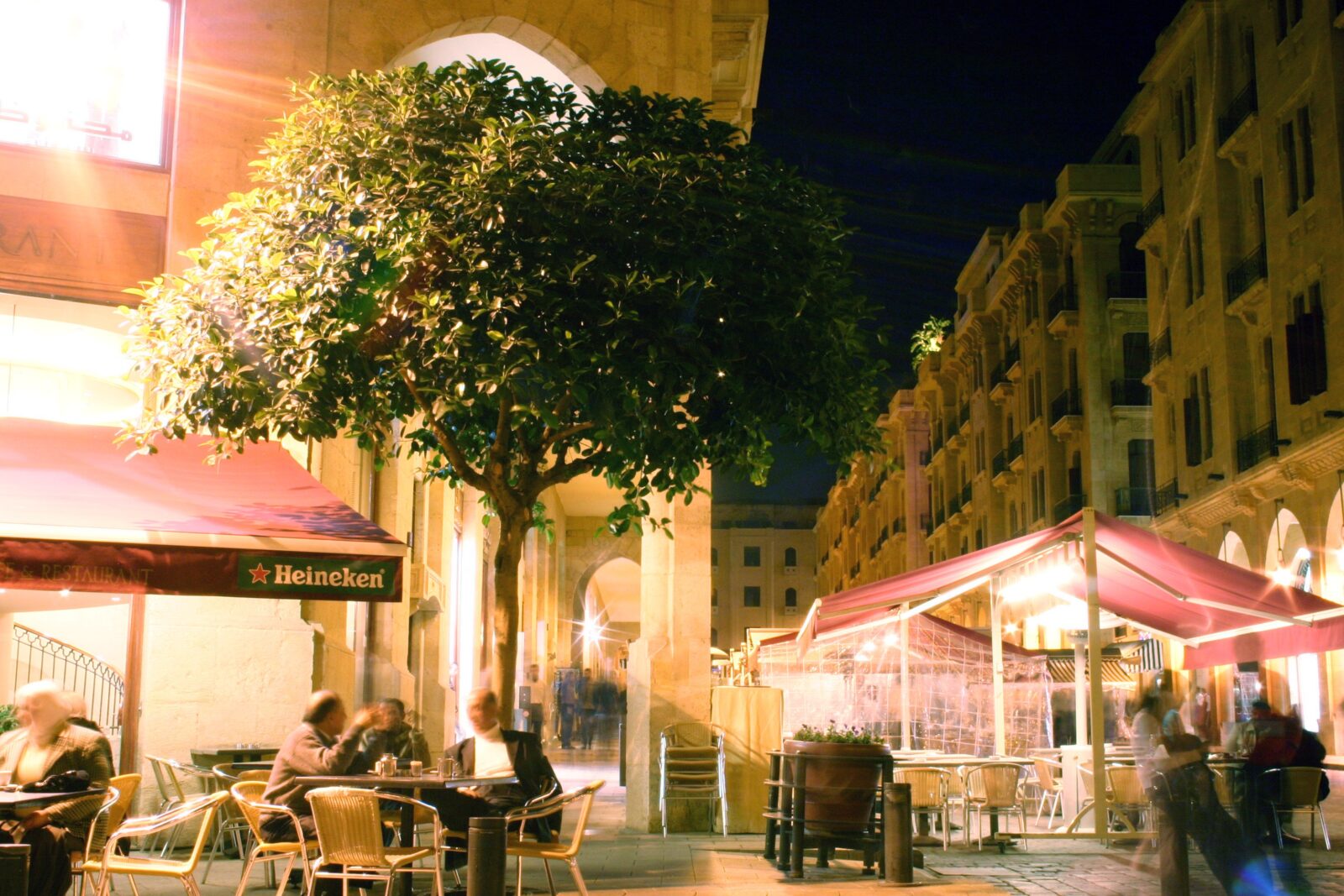
Modern Beirut: Lively streets, dynamic life
Beirut also reflects the dynamics of modern life. Hamra Street bustles with shops, cafes, and restaurants, offering a vibrant atmosphere. Here, visitors can savor traditional Lebanese cuisine and relax in local coffee shops for a chat.
The essence of Beirut lies not only in its visual beauty but also in its rich culinary culture.

When visiting Beirut, sampling the local cuisine is a must. Here are some delicacies you cannot miss:
- Tabbouleh: A refreshing salad made with fine bulgur, parsley, tomatoes, and mint, it stands as a staple of Lebanese cuisine.
- Hummus: A creamy dip crafted from pureed chickpeas, tahini, olive oil, and lemon juice, often served alongside various meals.
- Kibbeh: This traditional dish, made with minced meat, bulgur, and spices, can be enjoyed both fried and raw.
- Fattoush: A vibrant salad featuring fresh vegetables, enriched with pieces of bread and a drizzle of pomegranate molasses.
- Shawarma: A flavorful dish created by cooking marinated meats in a döner style, commonly found in street stalls and usually served in pita bread.
- Baklava: A beloved dessert that has spread from Türkiye to the world, this sweet treat consists of thin layers of dough filled with hazelnuts or walnuts and drenched in syrup.
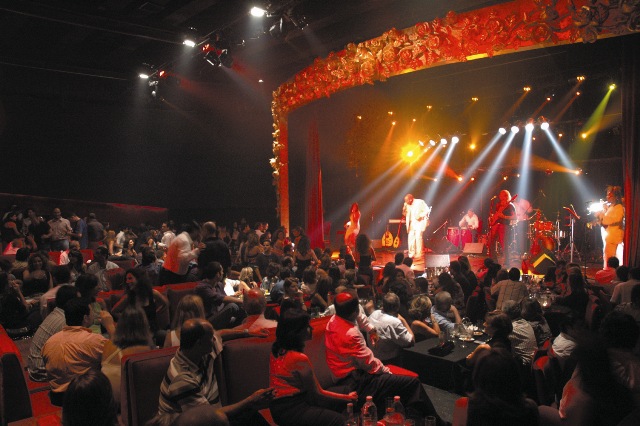
Cultural events: City full of art, entertainment
Beirut hosts many cultural events throughout the year. The Beirut Film Festival and the Beirut Music Festival are among the city’s most important events.
These festivals showcase works by both local and international artists, highlighting Beirut’s artistic richness.
Additionally, art galleries and theaters enrich the city’s cultural fabric.
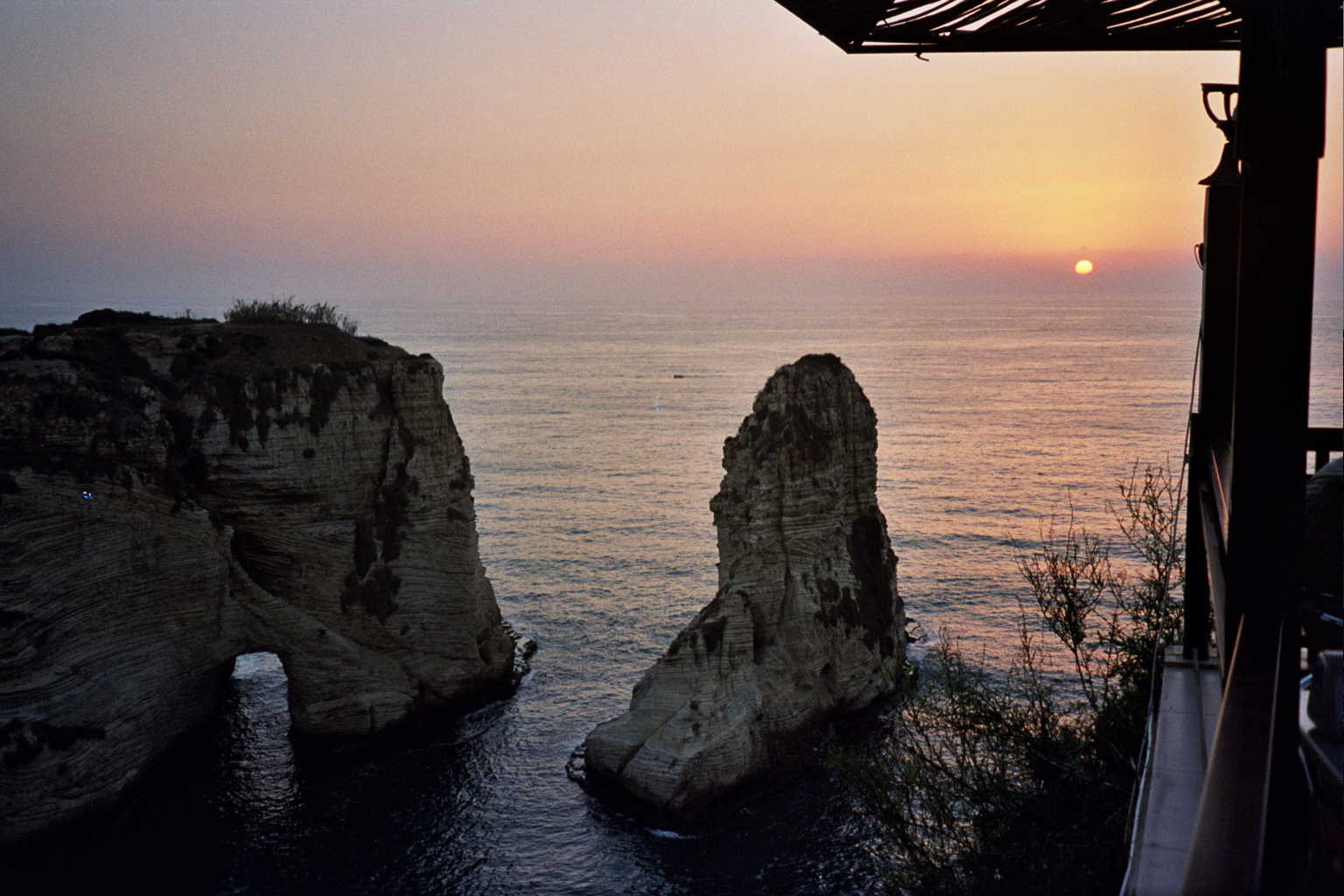
Natural beauty: Beirut’s unique sceneries
Beirut captivates with its stunning natural beauty, featuring formations like Pigeon Rocks that provide breathtaking views of the Mediterranean’s azure waters.
This area attracts visitors for strolls and romantic sunset moments. Khalde Beach, located nearby, serves as a popular destination for both locals and tourists seeking relaxation.
The city’s charm is further enhanced by its warm and friendly residents. Visitors experience the hospitality of the local community, making their stay even more memorable.
The cafes and restaurants not only serve delicious food but also create a welcoming atmosphere that invites guests to relax and enjoy the vibrant culture of Beirut.
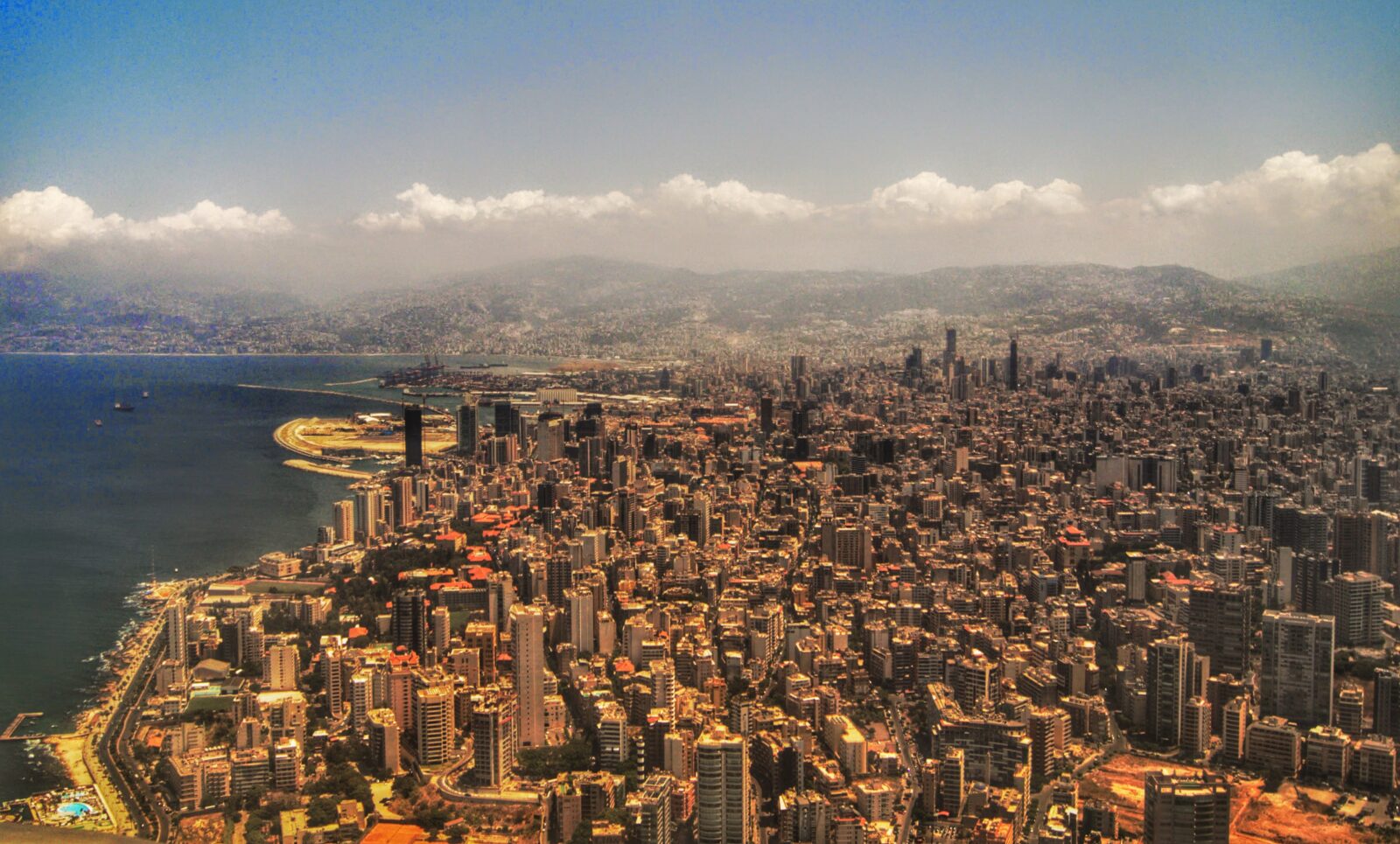
Beirut offers a distinct experience to every visitor, showcasing a fascinating blend of historical charm, modern vibrancy and cultural depth.
Known for its breathtaking beauty, the city thrives with lively energy and warm, welcoming residents.
During this challenging period, Lebanon urgently needs substantial and unconditional foreign aid.
However, concerns linger on the potential exploitation of this aid by influential countries.
The ongoing devaluation of the Lebanese pound over the past year has intensified uncertainty surrounding the nation’s economic situation.
A swift and effective response from the international community is critical for securing a stable future for Lebanon.



